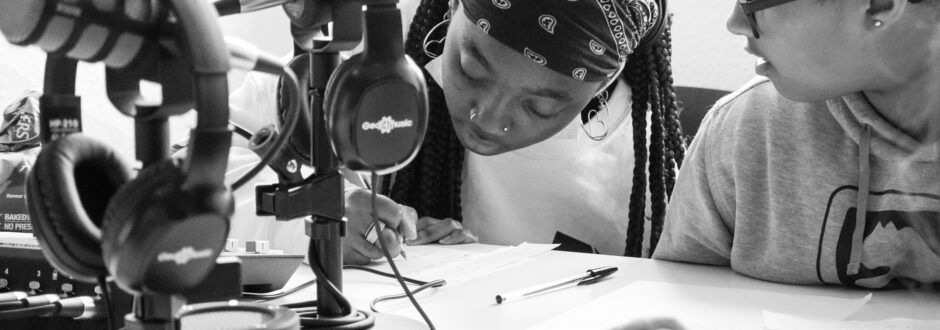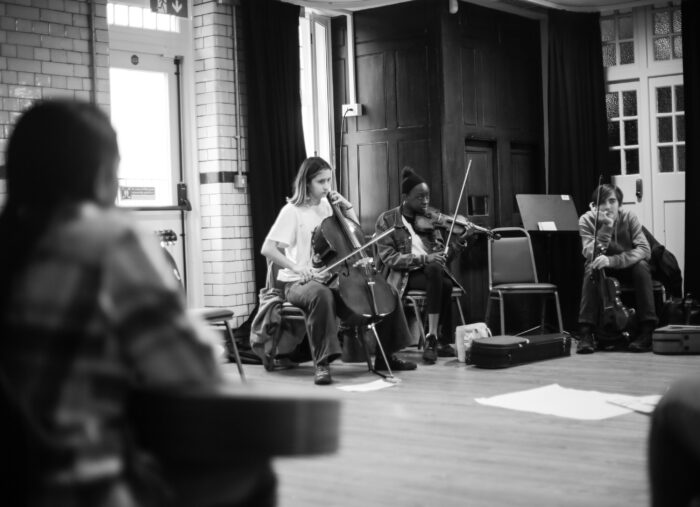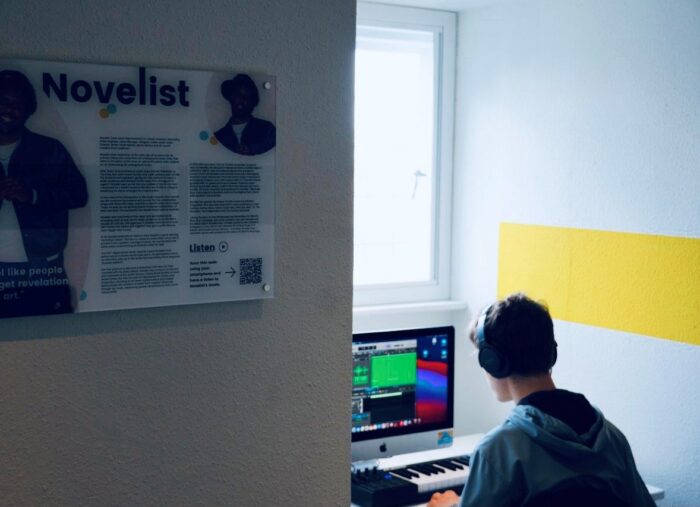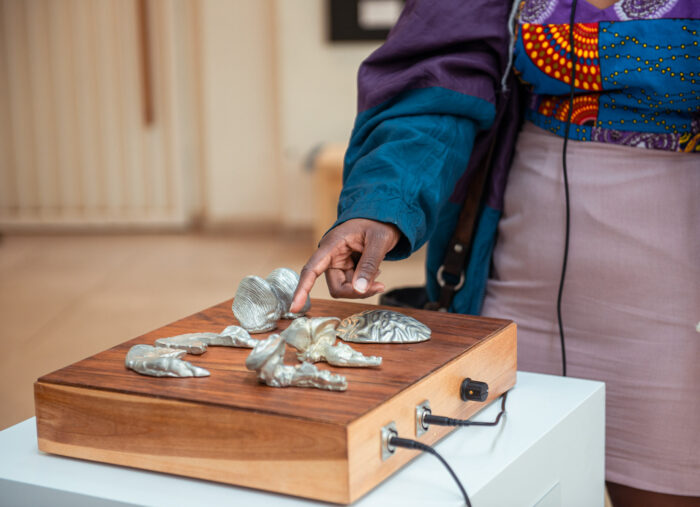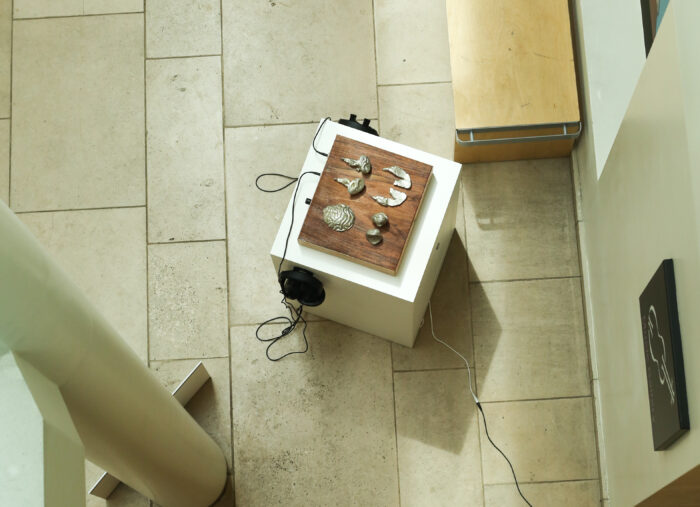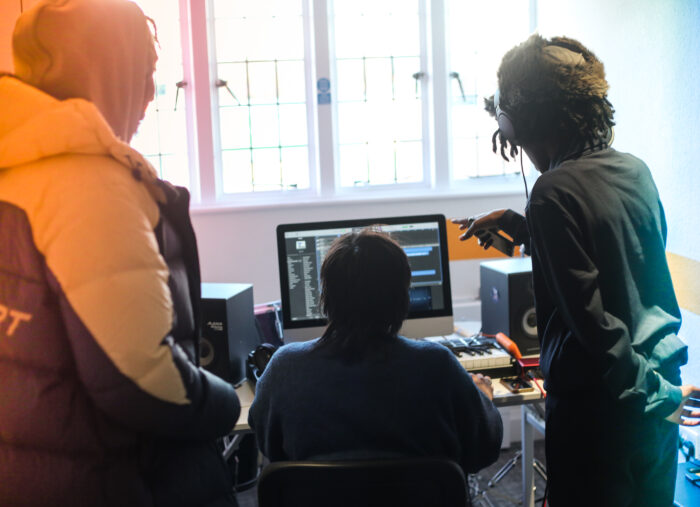It is time for our third update on the recently launched Sonic Minds programme for young people, focusing now on unaccompanied asylum-seeking children.
We previously shared some of the early findings around the connection between music and wellbeing from Sonic Minds: a two-year programme aiming to support hundreds of young people across Bromley, Bexley and Lewisham through collaborative songwriting and music production. Speaking about that project, Lewisham Music’s Yasmin Ali said…
“I think you need to know that they are the most courageous, brave, resilient, artistic beautiful individuals who, whether it’s because of trauma or experience, have been given an opportunity to represent themselves in a new way through music. There is a bravery and courage to that which I don’t think I have seen in any other group.”
Sonic Minds is entering an exciting phase of the programme; young people are continuing to share their stories, celebrate their identity, and express themselves through the creation of new music. Our research also continues to develop as we document the observations from social workers and music leaders, once again exploring the impact of music on the mental wellbeing of young people.
The latest phase of the programme has focused on activity with unaccompanied asylum-seeking children across the three boroughs. For many of the displaced young people we are working with, the opportunity to make music is something completely new to them. On this, one ESOL (English for speakers of other languages) lecturer said…
“In this country, children are exposed to music from primary school, but many of these young people have never had the opportunity, so they have really valued and enjoyed the sessions.”

Wellbeing
Lewisham Music is working alongside leading research organisation Sound Connections as our independent research partner for Sonic Minds. We are working alongside researchers Abigail D’Amore from Sound Connections and researcher/co-founder of Big Leaf, Kayte Cable.
Early indications from research suggest that social workers have seen positive changes in students’ wellbeing over the course of the sessions. These changes include being able to express themselves; let out emotion (for example, anger); students appearing more ‘uplifted’; and a growth in confidence.
A social worker from the project commented…
“Confidence definitely grew. We had one young person who doesn’t talk very much but by the end they were able to talk about what they enjoyed and what they wanted to do. Wellbeing was definitely impacted in a positive way.”
Self-efficacy
There are early indications that the project has improved self-efficacy among the young people. Support staff explained how, in many cases, the young people were taken out of their comfort zone by the practitioners, but in an inclusive way. Students were open, expressive and willing to demonstrate their performances in music, whereas in other lessons they were quiet and needed encouragement to participate. One of the ESOL lecturers said…
“One student who never went to school in his home country tends to be quiet and shy in class. Throughout the sessions I have noticed that he really wants to lead, as there is no right or wrong and whatever he tries with the drum is fine. Because the tutors are so encouraging, students are free to try whatever they want, and they can’t make mistakes. In the final session, he actually volunteered to lead the group and take initiative.”
Identity
There were also examples cited of students being more willing to share music from their own countries, and to listen to and appreciate each other’s music. This was seen by the setting staff as a real positive – the social aspect of this, sharing identities, and learning about each other, as noted in testimonials…
“They seemed to feel pride as they were able to embrace their own identity in a borough that isn’t very diverse.”
“Here the young people don’t have to have English to express themselves, but because everybody is made comfortable, they can sing songs in their own languages, which is amazing. They had enough courage to stand up and sing in their own language.”
“The young people don’t necessarily understand the language, but they were polite, listened to the end and made positive comments. In the past this hasn’t happened; there has been conflict and argument. Here I could see the sharing – and they found a lot of similarities in their music.”
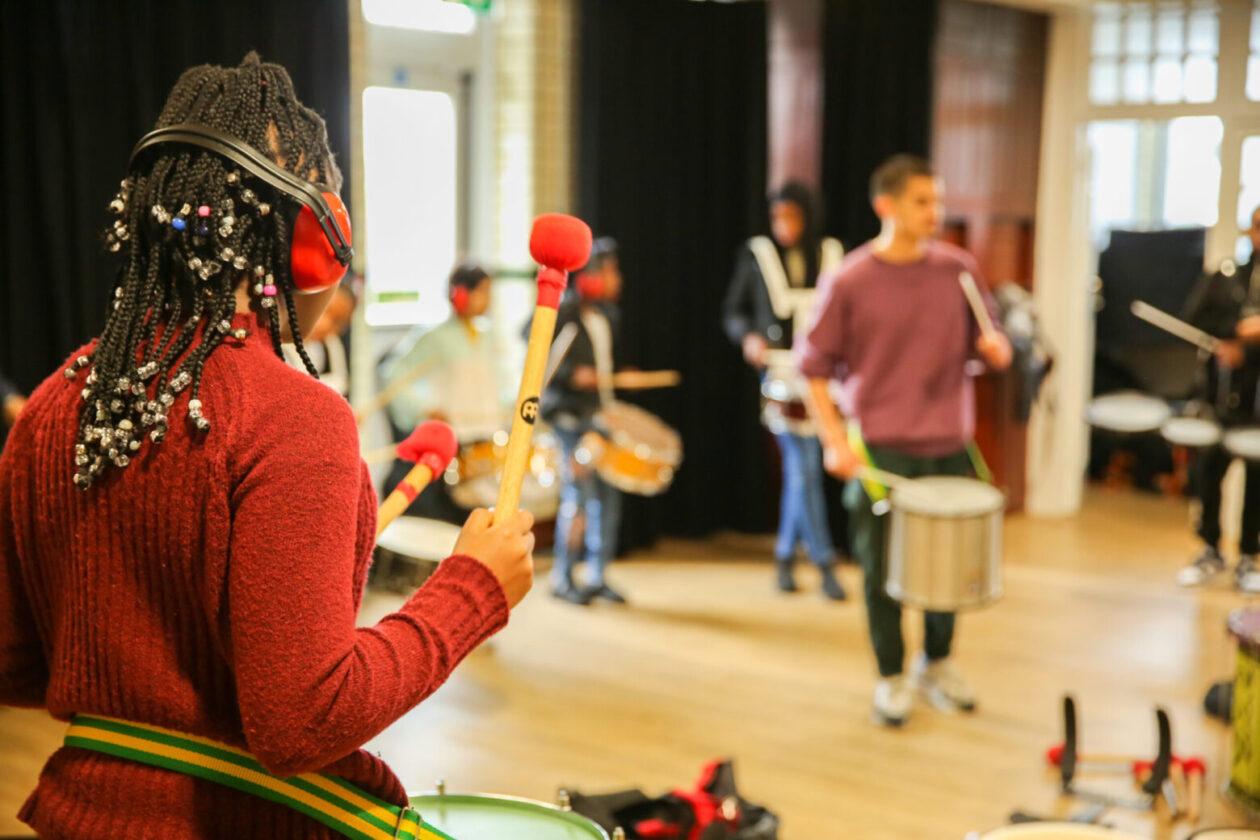
Agency
Setting staff felt that there had been some evidence of an increase in young peoples’ sense of agency. They observed a willingness to work collaboratively, and to engage in forms of communication (verbal and non-verbal). They observed friendship building, collaborations with others through the musical activity, and taking an active lead in the music making.
One staff member explained how this has helped them to learn how to work together in groups – and that this translates into other classes – and form bonds with one another. Support staff observed a development of musical and creative skills. For example, skills on drums and being able to write their own lyrics and perform them. A staff member said…
“One student really enjoyed creating pieces of spoken word or poetry, but she didn’t identify with them as spoken word or poetry – she just thought they were like streams of consciousness. The more you listen to her, the more you understood that it was her way of surviving.”
We are incredibly inspired by the achievements of the young people through Sonic Minds so far, and early findings suggest that music making positively effects the wellbeing and mental health of displaced young people. Please take a moment to listen to an interview with some of the project’s music leaders and enjoy the music created by the young people on our website.
Check out some of the poignant lyrics that have been written…
Be what you want, do what you like, you don’t need to change for others.
You also don’t need to expect others to change for you.
Sometimes people will say you are ugly, you are tall, you are too short. Don’t care about them, just look at them and smile.
Don’t be worried about your future because no one knows when our life will end.
Don’t think about the past because it will not change, so enjoy your present.
Follow what’s happening in Sonic Minds
Please click through the links below to follow the progress of Sonic Minds, and make sure you take ‘a journey into Sonic Minds’ where you’ll find all the creative outcomes from the project so far, including poetry, music, singing, and much more…

